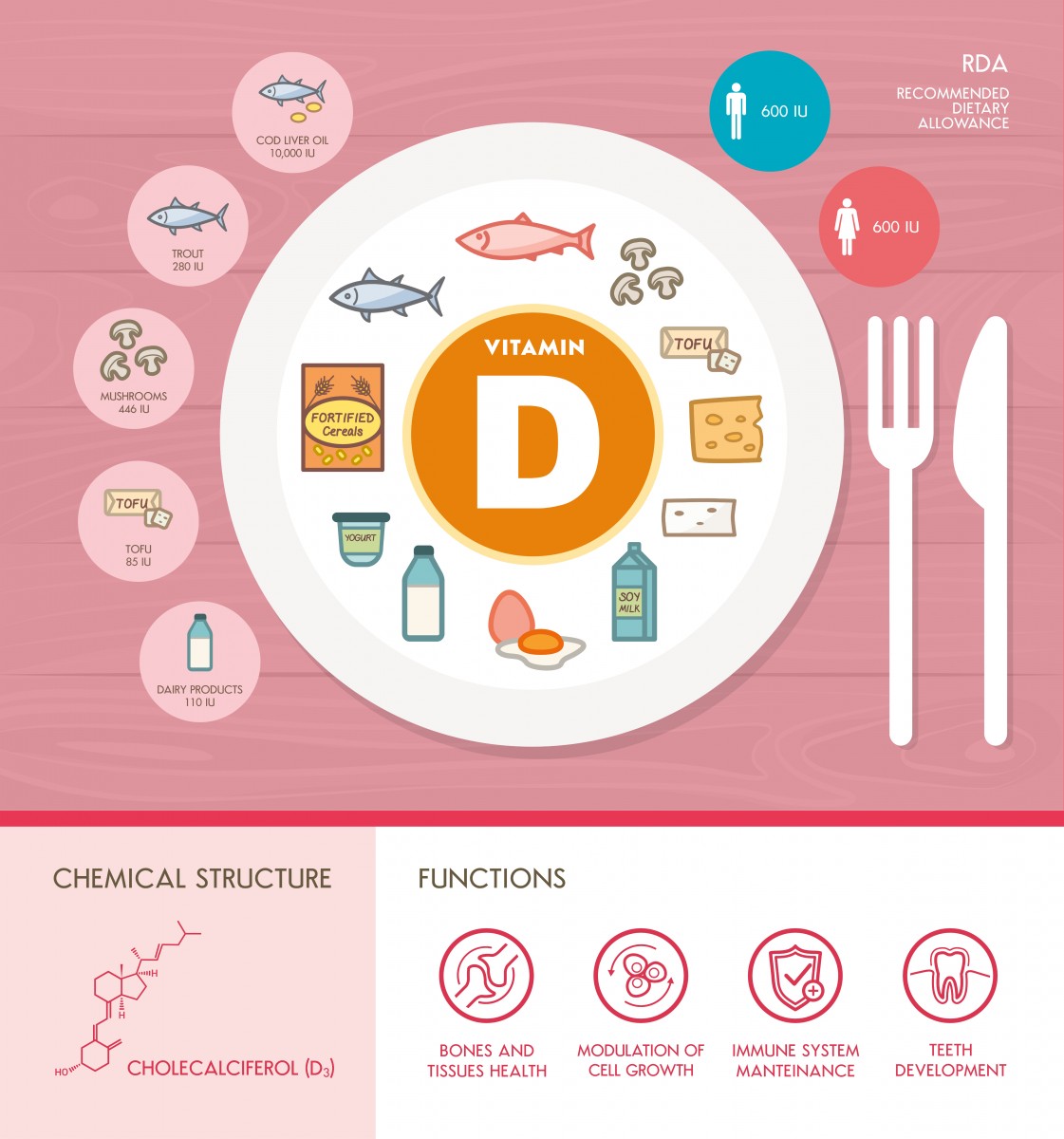Vitamin D Levels Seen to Predict Relapse Rates Only in Younger MS Patients

A retrospective study of vitamin D status and disability progression in multiple sclerosis patients — using real-life, clinical data from a large and varied group — found no correlation between the two, although vitamin D levels may predict the occurrence of relapses in some patients. But these findings may have been limited by the lower doses of daily vitamin supplements most study subjects were using.
The study, “Vitamin D Status Does Not Affect Disability Progression of Patients with Multiple Sclerosis over Three Year Follow-Up,” was published in the open access journal PLOS One.
Low levels of vitamin D have been associated with an increased risk of developing MS. Relapse rates have also been reported to be higher in patients with lower vitamin D levels, when compared to levels during disease remission. In early relapsing-remitting MS (RRMS), specifically, high levels of vitamin D correlated with increased probabilities for relapse-free periods.
Despite several studies linking MS disease activity with vitamin D status, scientists are uncertain exactly how disability progression correlates with vitamin D levels.
Researchers performed a retrospective, three-year follow-up study involving 554 MS patients. The team determined the effect of baseline vitamin D status (measured as 25-hydroxy vitamin D, the best way to monitor vitamin D levels) on relapse rate, disability, and disability progression (determined according to the Expanded Disability Status Scale, EDSS).
In this cohort of MS patients (an unselected clinical population), researchers found that the baseline status of 25-hydroxy vitamin D had no effect on disease disability, expressed by EDSS, or on the accumulation of disability over time. They did, however, observe a strong trend for 25-hydroxy vitamin D levels in predicting the occurrence of relapses, but this trend was only detected in the youngest MS patients.
Results suggested that within physiological levels of 25-hydroxy vitamin D, a correlation exists only regarding relapses in younger MS patients. No association was detected between 25-hydroxy vitamin D status and disability or disability progression during the three years follow-up, although the researchers noted that most patients studied were on low-dose supplements (400/800 IU/day, equal to 10–20μg/day).
This study limitation was a reason the team advanced a second hypothesis, where increasing the physiological levels of 25-hydroxy vitamin D via high-dose supplements may prevent disability progression in MS. This, the researchers said, should be tested in future, long-term follow-up supplementation studies.
“[I]t might still be possible that (high dose) vitamin D supplementation is beneficial in MS patients with long standing and progressive disease,” they wrote in the conclusion. “We examined 25(OH)D levels in the physiological range in patients taking only low doses of vitamin D supplementation. This might have underestimated the effect of 25(OH)D status on EDSS (progression), but it might also be that high dose supplementation is needed to exert its effects on the immune system and the brain.”






